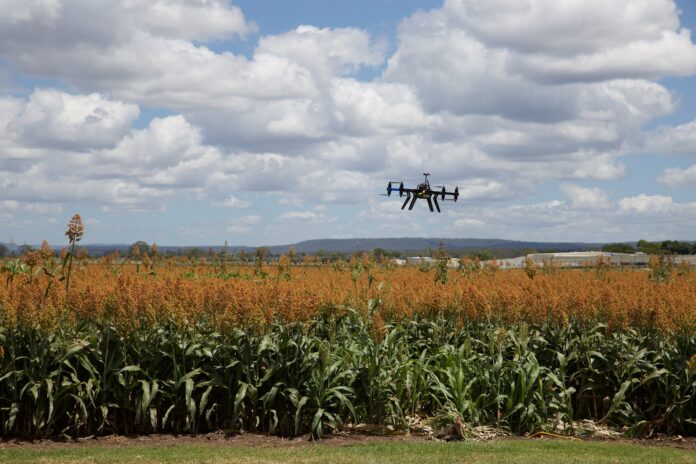Agriculture is an essential industry, responsible for feeding the world’s population. However, with the population growing and the effects of climate change, agriculture is facing new challenges. Fortunately, the development of artificial intelligence (AI) is helping to address some of these challenges. In this blog post, we will explore the role of AI in agriculture, specifically in improving efficiency and sustainability.
AI can help agriculture in many ways, from predicting weather patterns to improving crop yields. One way AI is being used is through precision agriculture. Precision agriculture involves using technology to gather data about crop yields, soil composition, and weather patterns. This information is then used to optimize the use of resources, such as fertilizer and water, to increase crop yields and reduce waste.
AI can also help farmers monitor their crops more effectively. For example, drones equipped with cameras and sensors can fly over fields and gather data about crop health, allowing farmers to identify potential problems early on. This can help farmers make informed decisions about which crops to harvest and which to leave in the field.
In addition to improving efficiency, AI is also helping to make agriculture more sustainable. For example, AI can help farmers reduce their use of pesticides and fertilizers. By using sensors and data analytics, farmers can monitor the health of their crops and identify pests and diseases early on. This allows farmers to use targeted treatments rather than blanket applications of chemicals, reducing the amount of pesticides and fertilizers needed.
AI is also helping to reduce waste in agriculture. For example, AI can help farmers identify which crops are likely to spoil and when they will spoil. This allows farmers to harvest crops at the optimal time, reducing waste and improving profitability. AI can also help farmers identify the most efficient transportation routes, reducing the amount of fuel needed to transport crops.
Overall, AI is playing an increasingly important role in agriculture, improving efficiency and sustainability. As the world’s population continues to grow, and the effects of climate change become more severe, it is essential that we find new and innovative ways to feed the world’s population while also protecting the environment. AI is just one tool in the toolbox, but it is a powerful one that has the potential to revolutionize the agriculture industry.





